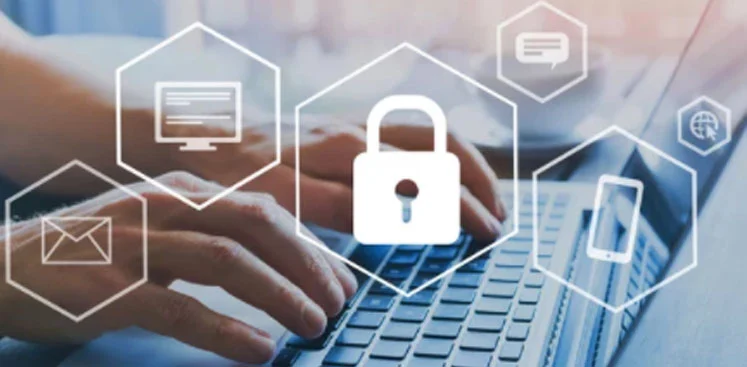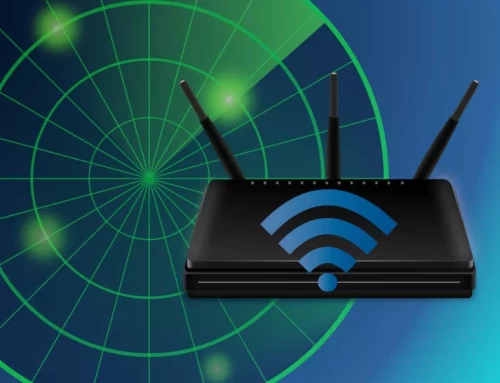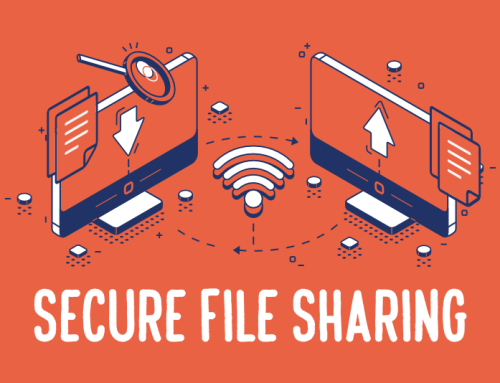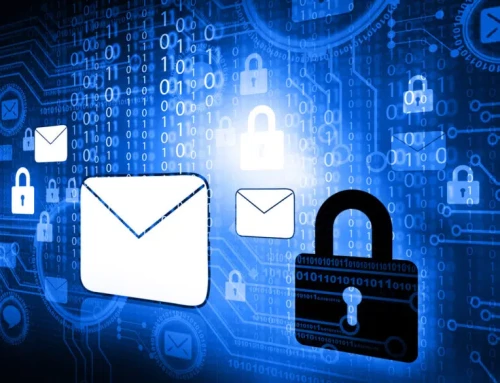Secure online banking
Introduction:
Online banking has become a crucial aspect of our financial lives in today’s connected world. We can manage our finances thanks to its convenience from the comfort of our homes or while traveling. However, this convenience also necessitates stronger security measures to shield our private data from online threats. In this article, we’ll look at some crucial pointers for safe online banking and protecting your financial security.
Strong and Unique Passwords:
A strong and distinctive password is one of the first lines of defence against unauthorised access. Avoid using passwords that are simple to guess, like names or birthdays. Make your password out of a mix of capital and lowercase letters, numbers, and special characters. Additionally, it’s essential to use unique passwords for each online banking account in order to reduce the possibility of simultaneous compromise of multiple accounts.
Two-Factor Authentication (2FA):
When possible, enable two-factor authentication. Requiring a second form of verification in addition to your password, typically the unique code sent to your mobile device adds an additional layer of security. It would be physically impossible for someone to access your mobile device even with your password, making it much more difficult for unauthorised users to access your account.
Keep Software and Devices Updated:
To make sure you have the most recent security patches, update your operating system, web browser, and banking apps frequently. Important bug fixes and vulnerability patches are frequently included in software updates, which can shield your device from potential online threats. Additionally, keep firewalls and antivirus programmes on your computers and mobile devices up to date.
Beware of Phishing Attempts:
Cybercriminals frequently use phishing to trick users into disclosing their sensitive information. When receiving emails, texts, or phone calls asking for personal information or login credentials, exercise caution. Financial institutions that are trustworthy never call or email you to ask for your password or other sensitive information. If you get a questionable message, get in touch with your bank directly using their official contact details to confirm its validity.
Secure Internet Connections:
When logging into your online banking accounts, stay away from public Wi-Fi networks. Public networks are frequently insecure, which makes your data susceptible to eavesdropping. If you must use a public network, think about encrypting your internet connection with a virtual private network (VPN), which will protect the privacy of your online transactions.
Regularly Monitor Your Accounts:
It’s essential to regularly review your account statements and transaction history in order to quickly spot any unauthorised activity. Report any suspicious transactions or discrepancies as soon as you become aware of them to your bank. The majority of banks offer online or mobile banking tools so you can keep an eye on your accounts in real time and spot any fraudulent activity.
Use Official Banking Apps and Websites:
Make sure you only download official banking apps from reputable sources like the Google Play Store or Apple App Store to reduce the risk of being a victim of fraudulent banking websites or malicious apps. To avoid phishing scams, make sure a website is legitimate by looking for a secure connection (look for a padlock symbol in the address bar) and double-check the website address.
Conclusion:
Technology is evolving, and so are the methods used by cybercriminals. In the digital age, it is crucial for your financial security to protect your financial data. By implementing these suggestions, you can improve the security of your online banking session and reduce your vulnerability to online threats. To maintain secure online banking, keep in mind that proactive measures like using strong passwords, enabling two-factor authentication, and being watchful for phishing attempts are essential.






